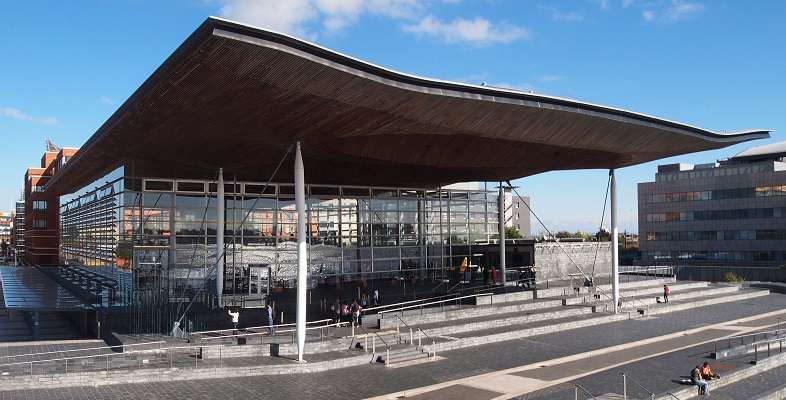5.2 Political differences
For the first few years of devolution, the lack of a written constitution or defined mechanisms for intergovernmental relations was of little consequence. The governments in London, Cardiff and Edinburgh were all Labour or Labour majority administrations and the back channels created by this often smoothed the path.
However, the entry into government of the SNP in Scotland in 2007 and a Conservative-led coalition in Westminster in 2010 created difficulties which persisted through successive Conservative governments.
The breakdown in relations was particularly pronounced through the passage of legislation related to Brexit. There was a sense in the devolved nations that the UK Government was pushing ahead with a course of action which affects the interests of Wales and Scotland – often in areas of devolved competence – without adequate consultation.
This dynamic was complicated by the fact Scotland voted remain and Wales voted leave in the 2016 referendum on EU membership. That said, the Scottish and Welsh Governments regularly engage in informal dialogue and have made joint statements where it is expedient for them to do so.
There are differing opinions to how this problem could be solved. The SNP Government under Nicola Sturgeon argued that the relationship is now broken beyond repair and Scottish independence would lead to better representation for the people of Scotland. Mark Drakeford took a more conciliatory approach, advocating a new constitutional convention.
-
Do you think it was the magnitude of events between 2016 and 2021 which placed the devolution settlement under significant strain? Or was it the fact that different parties were in power in Cardiff, Edinburgh and London which created friction between governments? Would a written constitution help?
-
The interplay of factors in this time frame was very complex. A common governing party in office in two or more places may have smoothed over some of these cracks but the different make-up of government in the different nations pointed to differing political priorities which the ramshackle nature of the UK political system was ill equipped to deal with. Arguably, a written constitution would improve this situation as it would clarify relationships, however the prospect of an SNP Scottish Government contributing to its drafting seems very unlikely.
